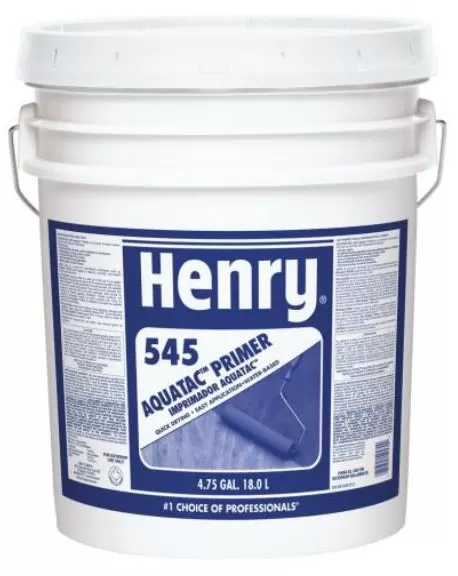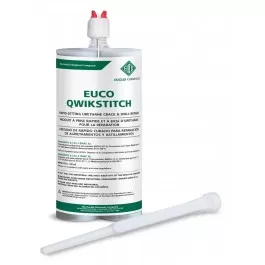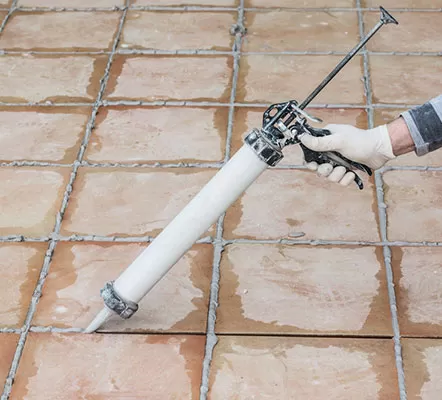Tremco Sealant
Tremco Achieves Zero-Landfill: Toronto’s Sustainable Sealants
As one of the leading manufacturers of some of Metro Sealant’s best-selling commercial sealant and waterproofing products, our team is proud to share that Tremco Commercial Sealants and Waterproofing has reached a milestone in its effort to reduce waste and strain on the environment. Currently, its Toronto manufacturing facility, which services all of North America, is now zero-landfill. This means that the company is sending no waste to landfills, quite a feat for an industrial manufacturing firm.
According to the manager of sustainable programs from Tremco, Michael Schmeida, becoming zero-landfill is a part of an overall plan the company has to eventually become fully sustainable in the next decade or so. By recycling fuel and waste, and reusing fuel as feedstock, the company was able to reduce its landfill waste by approximately 40 percent in its first year, this number continued to grow.
However, the reusing and recycling of plant material is just one part of the overall process, which also includes making their products more efficient and sustainable. They’ve accomplished this by creating energy-efficient products designed with reflective coatings to reduce the heating island effect, as well as many products that include renewable or recycled raw materials that are packaged with recycled content.
Additionally, Tremco Waterproofing Membranes are made with some important environmental considerations in mind, such as recyclability and always being VOC compliant. The company has also invested in green chemistry solutions and made an effort to reduce processing time, as well as taking byproducts or excess energy used in one manufacturing process and transferring them to another.
Lastly, but certainly not least, Tremco Commercial Sealants and Waterproofing have tasked a team of professionals to look at how their facilities can be saving energy and reducing production times, as well as the ecological impact their processes have on the environment to further minimize their ecological footprint.




